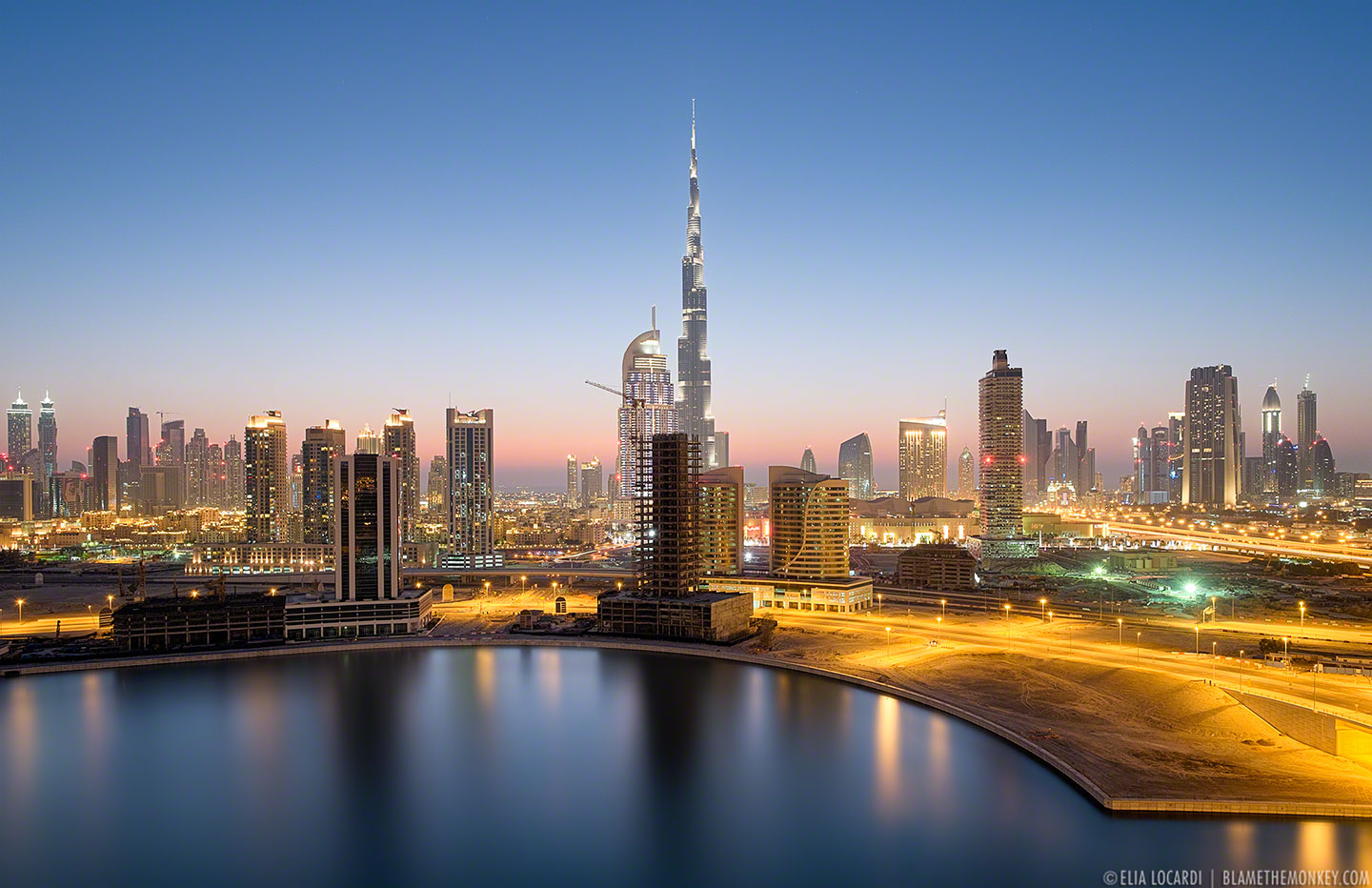Khalifa Haftar, the Libyan warlord, is not interested in compromise
TO CALL IT a success is a sign of low expectations, not high achievements. On January 19th the parties in Libya’s civil war gathered in Berlin for a peace conference. The Libyans themselves—Fayez al-Sarraj, who leads the UN-backed government in Tripoli, and General Khalifa Haftar, the warlord who controls most of the country—were invited only at the last minute. The summit was mostly an effort to plead with foreign powers that have turned a local conflict into a global proxy war.
It ended with a joint promise to respect a UN arms embargo and end outside support for the conflict. The Germans said they were cautiously satisfied. Missing from the final communiqué, though, was any formal ceasefire or threat of sanctions for states that ignore the embargo. Days after the conference, foreign cargo planes were once again shuttling military supplies into the war-torn country.
The UN envoy, Ghassan Salamé, tells anyone willing to listen that such foreign meddling is Libya’s biggest problem. In recent months attention has focused on Russia and Turkey. The former sent hundreds of mercenaries from the Wagner Group, a private-security firm with ties to the Kremlin, to support General Haftar. Turkey then sent its own guns-for-hire, up to 2,000 Syrian militants, to defend Tripoli.
...























